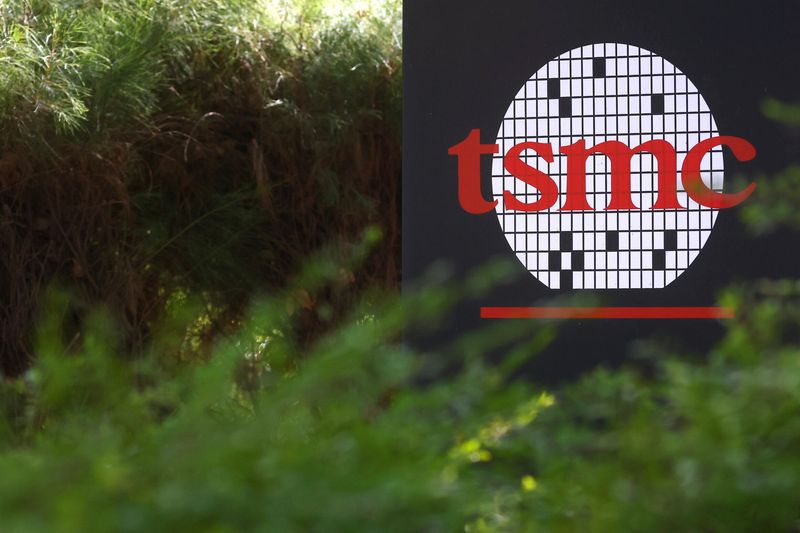
Tesla (NASDAQ:TSLA) shares tumbled 8.3% Wednesday as U.S. stocks fell broadly in response to the Federal Reserve’s latest policy commentary. NVIDIA (NASDAQ:NVDA) fell 1.1% although it was up by more than 5% at one point during Wednesday’s trading session.
Broadcom (NASDAQ:AVGO) was another major laggard with shares down 6.9% on the day. Both Tesla and Broadcom shares rallied sharply in recent weeks.
While the central bank announced a quarter-point rate cut on Wednesday, it also signaled a slower pace for future reductions, which weighed on investor sentiment.
The Federal Open Market Committee (FOMC) cut the target range for the federal funds rate by 25 basis points to 4.25-4.50% during its December meeting. The updated post-meeting statement indicated that future rate adjustments would be data-dependent, suggesting a more cautious approach to monetary easing.
This shift in policy led to a rise in Treasury yields and put pressure on equities.
The Summary of Economic Projections (SEP) released alongside the decision revealed a change in the Fed’s outlook. The median projection now includes only two additional 25 basis point cuts in 2025, compared to the four previously anticipated.
The projections also forecast two more cuts in 2026 and one in 2027, setting a terminal rate of 3.125%, which is higher than the earlier estimate of 2.875%. In addition to the rate adjustments, the SEP indicated an uptick in the longer-run dot from 2.875% to 3.0%.
Investors reacted to the Fed’s adjusted inflation forecasts, which now show higher core and headline inflation through 2026. The unemployment rate forecast has been revised downwards for 2024 and 2025, while GDP growth expectations for the same years have been increased.
“The wide dispersion in the dot plot for next year may reflect some uncertainty regarding the policy agenda that the incoming administration may pursue,” Wells Fargo (NYSE:WFC) economists wrote in a note.



